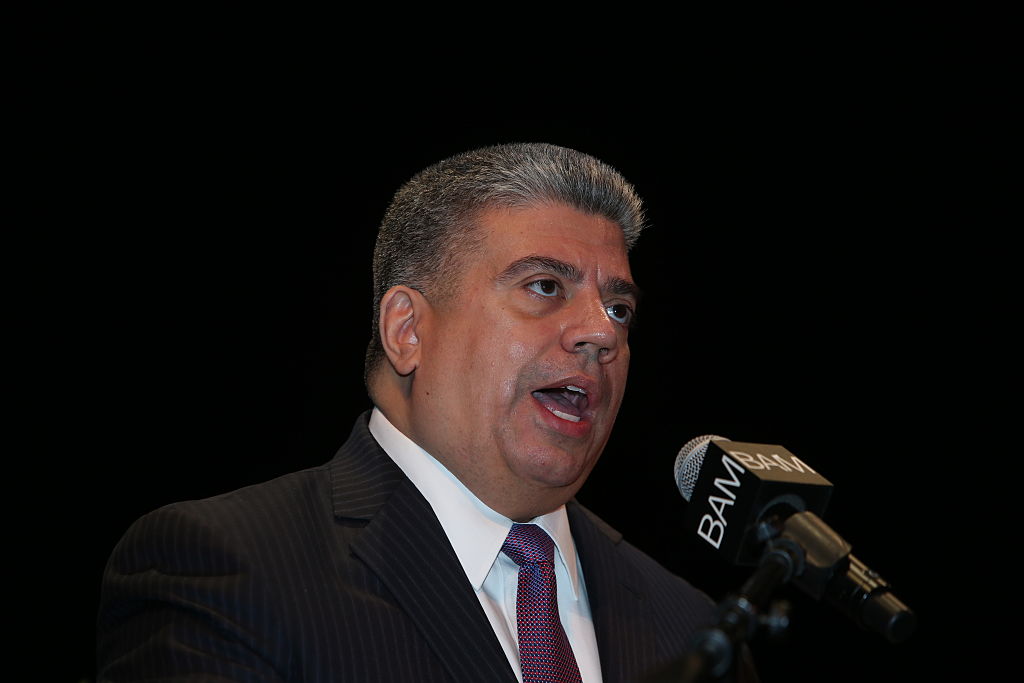Brooklyn District Attorney Eric Gonzalez is getting ahead of the curve after Governor Cuomo announced his intentions to legalize recreational marijuana use in New York on Monday. Making a case to Administrative Judge Michael Yavinsky, the DA petitioned to cancel the 1,422 outstanding possession warrants still on the docket.
“Today, in cooperation with The Legal Aid Society and Brooklyn Defender Services and with the assistance of the court, I move to vacate warrants in the cases numbered one through 1,422 that were generated for a failure to return to court on a low-level marijuana offense,” Gonzalez stated before the court. “I further move to dismiss the underlying cases corresponding to each of these warrants.”
Gonzalez cited a number of reasons for moving to dismiss these possession warrants, chief among them the consistently discriminatory enforcement of existing drug laws by the NYPD.
“As the court knows, my office has stopped prosecuting the vast majority of marijuana possession and smoking cases, because I do not believe that pursuing those cases makes us safer,” Gonzalez said, “and because I recognize that the racial disparities in enforcement with respect to these offenses remained intractable.”
This is not the first time that DA Gonzalez has dismissed pot possession warrants: he vacated more than 3,000 possession warrants in September of this year. According to Gonzalez, the matter isn’t just one of justice, it comes down to saving unnecessary paperwork.
“These are cases my office no longer prosecutes,” he said. “If individuals with these warrants were to return to court or get arrested on these warrants, my office would decline to prosecute their cases.”
The DA also moved to erase 33 past convictions for possession, the first batch of petitions from the program his office started in September for former offenders.
“These past convictions do not make us safe,” Gonzalez stated. “They may hold back those who carry them from moving forward with their lives as contributing members of society.”
These 33 cases, however, represent only a fraction of the 20,000 past offenders eligible to have their records expunged, according to the DA’s own estimates. Given that the DA’s office will not expunge convictions unless petitioned to do so on an individual basis, the process of restorative justice will be a slow one indeed.





















